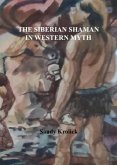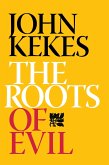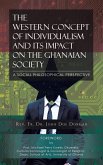This is Dooyeweerd's most accessible work. It provides an understanding of Greek, medieval, and Modern Humanistic life-orientations in their historical development and inter-penetration - throughout confronted with the implications of an integral biblical understanding of the human condition, human society and the place and calling of scholarly reflection. It shows a healthy sense of solidarity and criticism with these various traditions. From a purely historical point of view, Dooyeweerd for example writes, Humanism has done more for the recognition of public freedom for religious convictions than did seventeenth-century Calvinism. Particularly instructive in this work is Dooyeweerd's unveiling of the origin of the modern ideology of community at the beginning of the previous century and its subsequent effects in National-Socialism.
Hinweis: Dieser Artikel kann nur an eine deutsche Lieferadresse ausgeliefert werden.
Hinweis: Dieser Artikel kann nur an eine deutsche Lieferadresse ausgeliefert werden.

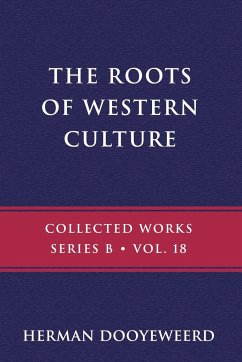
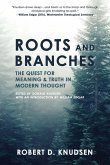
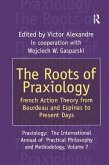
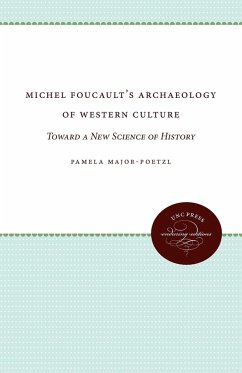
![The Roots of Reality [microform]; Being Suggestions for a Philosophical Reconstruction The Roots of Reality [microform]; Being Suggestions for a Philosophical Reconstruction](https://bilder.buecher.de/produkte/65/65588/65588374m.jpg)
